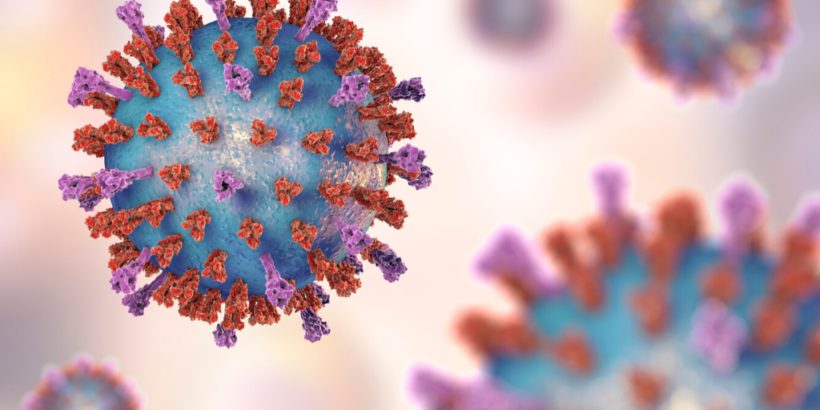Over the past few weeks, you may have seen officials talking about issuing out so-called “immunity passports.” These would be certificates that show that you have tested positive for the antibodies of SARS-CoV-2 and therefore have less of a chance of contracting COVID-19.
These could be used in a variety of ways.
They could allow workers, especially health coworkers and first responders, to enter back into the work place knowing that they are less at risk of contracting the disease.
Travelers could travel without worrying about catching the virus.
They could also be used for every day workers who work in offices or in other confined areas and those with the immunity passports could be among the first people that are allowed to break stay-at-home orders or quarantines.
It’s also possible that they could be implemented on a much wider scale where they are tracked from an immigration standpoint.
Countries who are very concerned about an outbreak could require some type of verification that you have the antibodies. That seems very difficult to implement to me but I guess in certain regions like the EU I could see it being a possibility.
In any event, the World Health Organization (WHO) is advising against immunity passports for now.
My initial thought for why they would not work is simply because the percentage of the population that has antibodies would be so small that it would not be the worth the trouble to work out a system for the certificates.
But that is not the issue that the WHO is taking.
Instead, they just don’t think that the immunity is proven yet.
“There is currently no evidence that people who have recovered from COVID-19 and have antibodies are protected from a second infection,” the WHO stated.
Here’s what they say about their findings:
WHO continues to review the evidence on antibody responses to SARS-CoV-2 infection.2-17 Most of these studies show that people who have recovered from infection have antibodies to the virus. However, some of these people have very low levels of neutralizing antibodies in their blood,4 suggesting that cellular immunity may also be critical for recovery. As of 24 April 2020, no study has evaluated whether the presence of antibodies to SARS-CoV-2 confers immunity to subsequent infection by this virus in humans.
Basically, the WHO wants to see more testing in regards to immunity for a second infection and not just for the presence of antibodies. There are several issues with reliability and accuracy of current tests and some may not be distinguishing between other types of coronaviruses when it comes to the presence of antibodies.
There are six different types of human coronaviruses. Four of these viruses cause the common cold and the other two are the viruses that cause Middle East Respiratory Syndrome (MERS) and Severe Acute Respiratory Syndrome (SARS). People infected by any one of these six viruses “may produce antibodies that cross-react with antibodies produced in response to infection with SARS-CoV-2.”
So the WHO at this point is not sold on immunity passports.
“At this point in the pandemic, there is not enough evidence about the effectiveness of antibody-mediated immunity to guarantee the accuracy of an “immunity passport” or ‘risk-free certificate.'”
Daniel Gillaspia is the Founder of UponArriving.com and the credit card app, WalletFlo. He is a former attorney turned travel expert covering destinations along with TSA, airline, and hotel policies. Since 2014, his content has been featured in publications such as National Geographic, Smithsonian Magazine, and CNBC. Read my bio.


Immunity passports will create an underclass of people (those who were careful enough not to get the virus) that will be stigmatized both economically and socially. Very bad idea fostered by fear mongers and the fearful alike.
I think Sweden got it right. Live life, take your chances….good luck everybody.
I could see them being useful in certain settings like hospitals though but yeah, there’s a lot of potential downside for widespread use in a lot of cases.